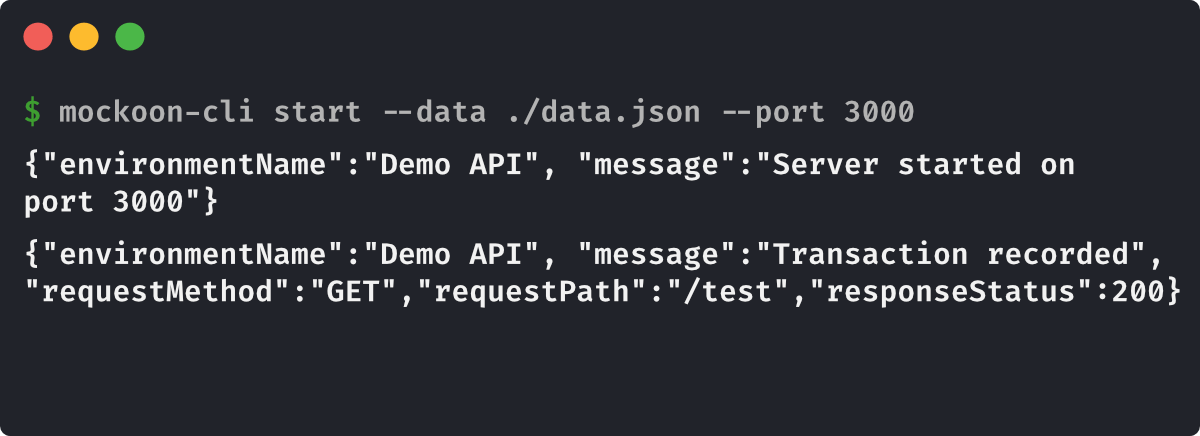
Mockoon is a open source tool that enables developers to quickly mock APIs without the need for a live server, enhancing build speed, testing quality, and stress reduction.
Why Mockoon?
Mockoon’s here to make API simulation as easy as ordering coffee. No setup dramas or extra coding—you can get those mock servers up and running in minutes, even if it’s your first time.
- Frontend Focused: You don’t have to wait on backend teams to keep moving. Just mock the responses you need and keep building.
- Test Like a Pro: Test error states, network delays, and more, with no extra hassle.
- Skip Waiting for APIs: Forget holding up your work while waiting on third-party services. Mockoon lets you keep things moving at your speed.
Key Features of Mockoon (a.k.a. Why You’ll Love It)
Mockoon packs several valuable features that help you create a realistic and reliable mock API experience. Here are some of the highlights:
1. Easy-to-Use GUI
Mockoon’s intuitive GUI is a major advantage. Unlike command-line tools, the interface is user-friendly and makes setting up mock APIs simple and accessible to everyone, from experienced developers to newcomers.

2. Customizable Responses
Mockoon provides flexible options for crafting responses that mimic real-world API behavior. You can:
- Define JSON responses with templating (like
{{faker.name.firstName}}for random names). - Set HTTP status codes to test error handling.
- Add headers, body content, and more.
Mockoon’s response customization helps create a realistic experience for both frontend development and testing.
3. Simulating Network Latency
Latency simulation is one of Mockoon’s standout features. By setting response delays, you can test your application’s performance under slower network conditions, making it easier to identify areas for optimization. This feature is especially valuable for mobile apps or applications accessed in diverse network environments.
4. Rules for Conditional Responses
Mockoon’s rules feature allows you to define conditional responses based on incoming requests, adding powerful logic to your mock servers. With rules, you can specify conditions such as request parameters, headers, and body content, allowing you to:
- Return different responses depending on specific values (e.g., an error message when a parameter doesn’t meet a certain criterion).
- Simulate complex behavior where the response changes based on user role, query parameters, or other conditions.
5. Proxy Mode
Mockoon’s proxy mode lets the mock server act as a pass-through for real API requests, allowing you to selectively override certain responses. This feature is useful when testing against a real API with specific simulated responses. For instance:
- You can test an endpoint with custom responses while still connecting to live data.
- It’s perfect for hybrid setups, where the backend is partially complete but still needs simulated responses for missing pieces.
6. CLI Integration for CI/CD Pipelines
Mockoon’s CLI version makes it easy to incorporate mock servers into continuous integration (CI) or continuous delivery (CD) pipelines. This lets you set up test environments with consistent API responses, ensuring your application’s features are reliably tested without dependency on external APIs or live backends.

Conclusion
Mockoon is more than just a tool for mocking APIs—it’s an ally in faster development, more thorough testing, and creating a seamless workflow. Its intuitive interface, response customization options, rules-based conditional logic, proxy feature, and latency simulation make it a valuable addition to any developer’s toolkit. Whether you’re testing frontend functionality, experimenting with API responses, or need more control over simulated conditions, Mockoon has something to offer.